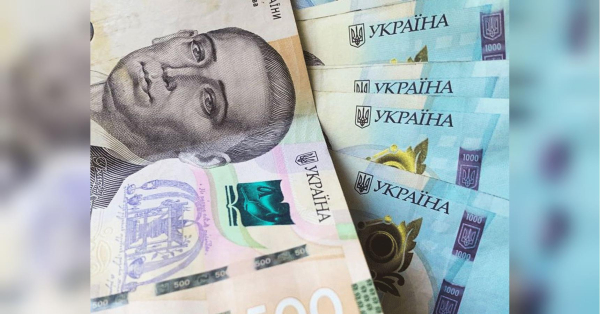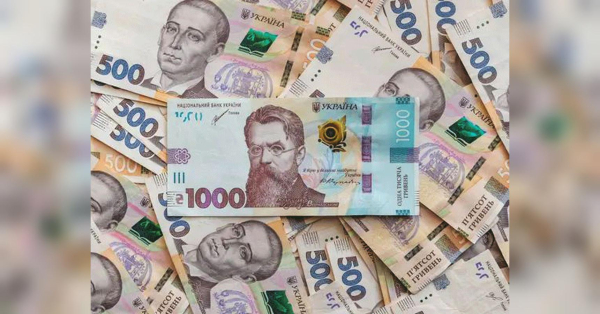
DHAKA, Bangladesh — French President Emmanuel Macron witnessed the signature of a deal Monday to facilitate loans to Bangladesh aimed at infrastructure development, as well as a letter of intent to provide the South Asian country with an earth observation satellite system.
This came during Macron's two-day visit to Bangladesh’s capital, Dhaka, where he met with Prime Minister Sheikh Hasina, to bolster bilateral relations between the two countries.
Bangladesh’s Economic Relations Division signed the agreement with the French Development Agency.
A letter of intent was also signed to provide Bangladesh with an earth observation satellite system through cooperation between Bangladesh Satellite Company Limited, or BSCL, and Airbus Defense and Space SAS, France.
Macron and Hasina witnessed the deals signed at the prime minister’s office.
Details remained unclear, with Bangladesh authorities saying they are still ironing out the details.
“The satellite that we will buy will travel through the orbit around 350 miles above the earth. This will be used mainly to observe the status of our crops and the sea. Currently, we don’t have any monitoring capabilities across the vast sea,” state-run Bangladesh Satellite Company Ltd. Chairman Shahjahan Mahmud was quoted as saying by Bangladesh’s leading English newspaper The Daily Star.
Bangladesh bought its first geostationary communications and broadcasting satellite, named Bangabandhu Satellite-1 and launched in 2018, from France where it was manufactured by Thales Alenia Space.
Bangladeshi media positively reported his visit, with many seeing it as a step to bring in investments from France in sectors where the United States, China and India are heavily engaged. Some even said the visit may have a political and strategic significance ahead of Bangladesh’s next general election expected in early January.
France is Bangladesh's fifth-largest trading partner in the fields of engineering, energy, aerospace and water sectors.
“We both hope that this new strategic move between Bangladesh and France will play an effective role in establishing regional and global stability and peace,” Hasina said.
Hasina said both the leaders agreed to continue to work to ensure stability in the Asia-Pacific region as well as on projects involving impacts of climate change as Bangladesh is considered to be one of the worst victims of change of weather.
She said that France has reiterated its commitment to facilitate trade with the South Asian nation under the European Union's Generalised Scheme of Preferences Plus, or GSP+, scheme, which gives developing countries incentives to pursue sustainable development and good governance.
Experts say once Bangladesh joins the GSP+ scheme, it may lose some benefits it enjoys under the World Trade Organization’s protocol as a least developed country as it may be fully upgraded into a developing nation status.
Bangladesh has long been buying aircraft from the American company Boeing, but recently the government has signed an agreement with Airbus in which France has a major stake.
Later on Monday, a joint statement stated the two figureheads agreed to work on taking their countries’ partnership to a “strategic” level, expressing willingness to step up defense cooperation — including on non-traditional security issues, notably collaboration on maritime domain awareness.
France praised Bangladesh’s “leading contribution” to the U.N. peacekeeping missions and peacebuilding processes, particularly in Africa, as well as the country's humanitarian efforts, providing shelter and support to the forcibly displaced Rohingya from Myanmar over the years, the statement said
Bangladesh hosts more than 1 million Rohingya from Myanmar.
Both countries reiterated their commitment to the voluntary and safe repatriation of Rohingya to their ancestral homeland.
France also announced an additional contribution of 1 million Euros to the World Food Program’s activities in Rohingya camps in Bangladesh.
Hasina has been under pressure lately with her seeking a fourth consecutive term as prime minister.
Bangladesh's main opposition party, led by former Prime Minister Khaleda Zia, has threatened to boycott the election if Hasina does not resign and hand over power to a caretaker government to oversee the next election. Zia's party accused her of vote rigging in 2018.
The U.S. has been pushing for a credible election and raised questions about human rights under Hasina's rule, threatening to impose visa sanctions if the next election isn't free and fair.
Russia and China have pledged continued support to Hasina while neighboring India has maintained a cordial relationship with her.
Apart from investment and other partnerships with France, Marcon's visit is seen as a boost for Hasina in the run-up to the election.
Sourse: abcnews.go.com






